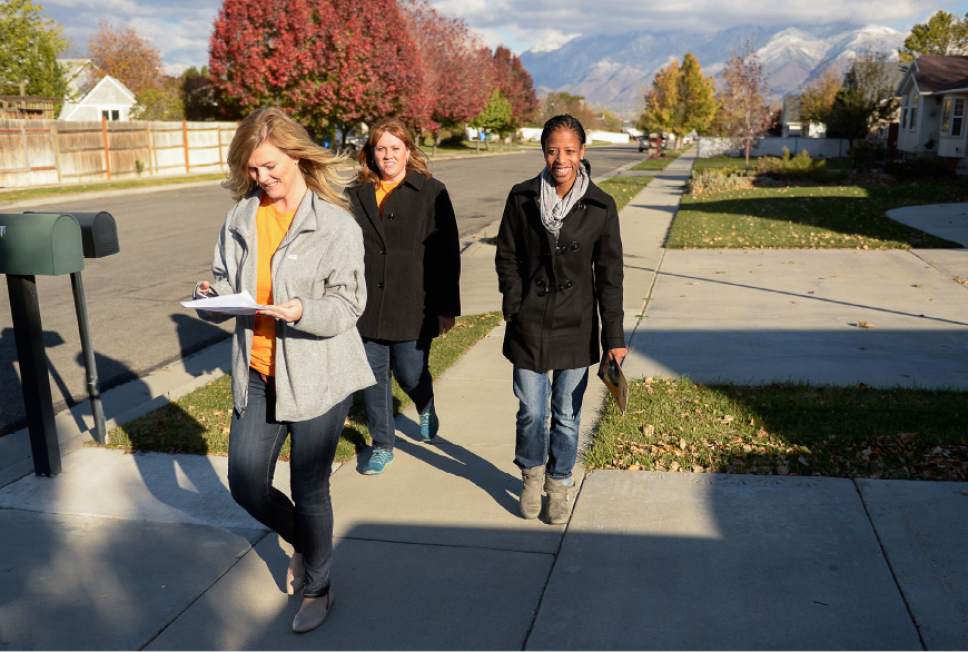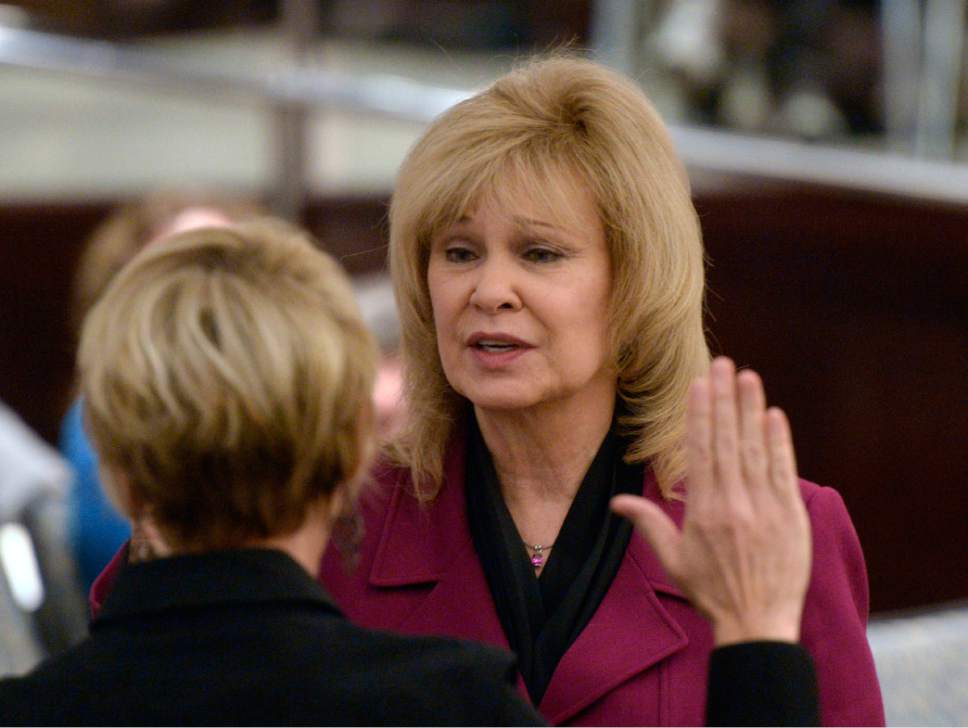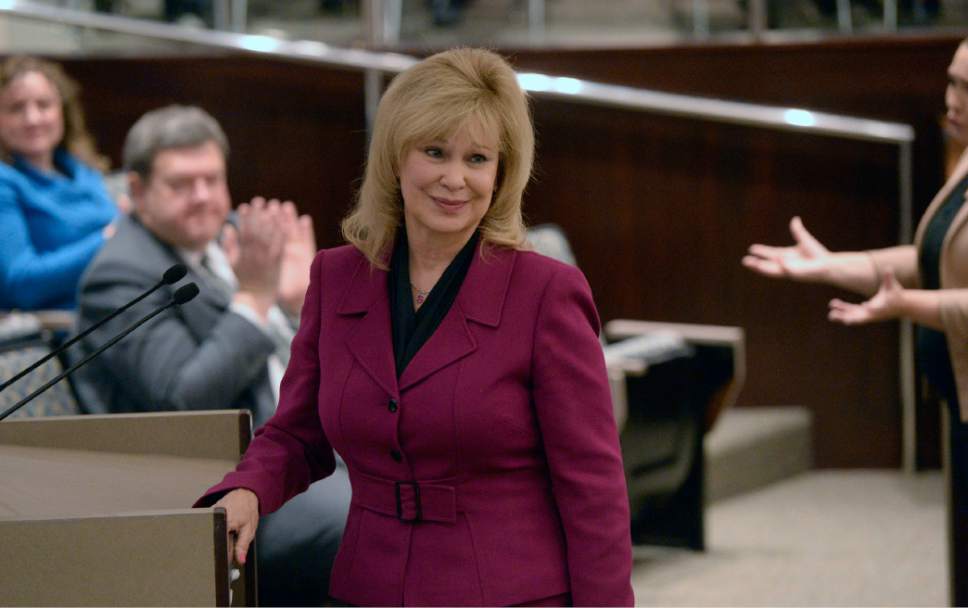This is an archived article that was published on sltrib.com in 2015, and information in the article may be outdated. It is provided only for personal research purposes and may not be reprinted.
Arguments for and against a proposed sales-tax increase for local transportation projects, which will be on the Nov. 3 ballot, will take different routes toward publication in a voter-information pamphlet.
One went through the Salt Lake County Council, which was required by law to submit a "pro" Proposition 1 argument to County Clerk Sherrie Swensen, who oversees elections. The council approved a statement on Tuesday.
But when it comes to submitting a "con" argument, the law bypasses the county council, leaving that task to "any eligible voter."
And if more than one anti-proposition argument is turned in — and two already have been, heading into Friday's deadline for submissions — the law places the burden on election officer Swensen to select one for inclusion in the voter-information pamphlet.
That process doesn't seem quite fair to Sandy resident Evelyn Everton of Americans for Prosperity, a vocal opponent of the proposed quarter-cent sales-tax hike and one of two submitters.
"It is concerning that the county is deciding which opposition statement to use, since they have to produce their own statement in support," Everton said. "It seems to me it should be the same rules for both sides. … They could use the worst-worded one or the least compelling."
George Chapman, a former Salt Lake City mayoral candidate who also has submitted a statement, isn't as concerned, expressing confidence in the integrity of Swensen and county officials to do what's right.
"I'm going to trust Sherrie to make a good decision. … She's a professional," Chapman said. But, he added, "it's a really odd [law] that is obviously skewed in favor of transportation projects."
For her part, Swensen said she would rather not have been thrust into this decision-making role, noting that when she read through the law's provisions, her first reaction was, "Who gave me this job?"
Adding that "it isn't going to be me making the decision," Swensen said she is conferring with the county District Attorney's Office about defining criteria that will be used to help determine the most appropriate argument to publish.
Those criteria are still being developed, she said, but she expects the list will include the length of the argument.
The argument for Proposition 1 was co-authored by County Councilwoman Jenny Wilson, Rep. Johnny Anderson, R-Taylorsville, Sandy Mayor Tom Dolan, Salt Lake Chamber President and CEO Lane Beattie and Questar President/CEO Ron Jibson.
In a nutshell, their letter said the funding provided by the quarter-cent tax increase would enable local elected officials to "prepare for population growth, take better care of our roadways and sidewalks, and promote economic prosperity in our community. … Voting 'yes' will save Utah families money, protect the local businesses, improve our air quality and preserve our quality of life."
The foes shared similar perspectives while emphasizing different points.
In condensed form, Everton's argument said the tax hike would cost an average family of four $200, which "could mean the difference between a week or more worth of groceries for most families," creating a burden for low- and middle-income families.
Chapman's statement objected that the proposition "is another way for government to get and spend more money without a vigorous cost-benefit analysis. It siphons money for increasing transit service and shifts it into more questionable rail and other projects."
Swensen said she is still uncertain how the voter information pamphlets will be distributed to Salt Lake County voters. She and county attorneys are conferring about that, too.
A pamphlet may have to be mailed to each household with a registered voter, she said, but it may be sufficient for the county to send a postcard to each residence, informing recipients they may request a printed brochure or read the position statements online.
Swensen anticipates having answers to both legal questions shortly after Monday.







